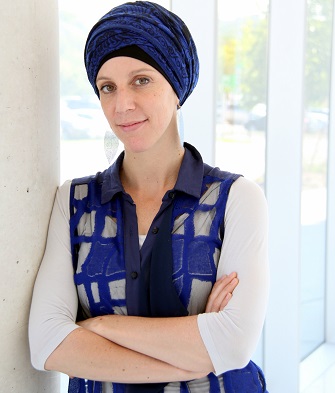Sarah Hillewaert
My research focuses on the range of ways in which young people negotiate social relations and positions in contexts of social change and globalization. More specifically, it investigates the linguistic and semiotic strategies youth deploy to express their orientations to development, modernity, religion, heritage, and tradition.
My work on Lamu (Kenya) discusses how young people use accents and language mixing as well as bodily comportment and greeting styles to negotiate new sets of social and economic relationships and altering understandings of moral personhood. Through an analysis of their daily practices, I demonstrate that young people do not leave norms of propriety behind, but are in fact concerned with what it means to be a virtuous person in a rapidly changing society.
My newer research looks at how young people’s notions of religious identity and historical conceptions of global interconnectivity along the Swahili coast shift in tandem with emerging geopolitical positions and technological innovations. I am particularly interested in how an altered access to translocal discourses changes notions of moral communities and conceptions of belonging.
Education
Ph.D. (University of Michigan, 2013)
Teaching interests and responsibilities
Linguistic anthropology
Semiotic anthropology
Anthropology of Islam
Studies of youth Culture
Affiliations
Society for Linguistic Anthropology
American Anthropological Association
African Studies Association
Major Awards and Grants
2013 Engaged Anthropology Grant, Wenner-Gren Foundation
2011 Mary Malcomson Raphael Fellowship, Center for the Education of Women (University of Michigan)
2011 Sylvia “Duffy” Engle Graduate Student Fellow, Institute for the Humanities, University of Michigan
2008 Wenner-Gren Foundation for Anthropological Research, fieldwork grant Wenner Gren Foundation
2007 National Science Foundation Doctoral Dissertation Improvement Grant in Anthropology and Linguistics
Publications
2016 Whoever leaves their traditions is a slave. Contemporary notions of servitude in an East African town. Africa (Journal of the International African Institute) 86.3: 425-446.
2016 Tactics and Tactility: A Sensory Semiotics of Handshakes in Coastal Kenya. American Anthropologist 118(1): 49-66.
2015 Writing with an Accent: Orthographic Practice, Emblems, and Traces on Facebook. Journal of Linguistic Anthropology 25(2): 195-214.
2011 The Ideological Motivations for Language Change: The Loss of Dialectical Variation and Identity among the Swahili Speaking People of the Kenya Coast. In Rocha Chimera, Mohamed Karama, et al (eds) Kiswahili Research and Development in Eastern Africa. Mombasa: National Museum of Kenya. pp. 131-151.
2009 Do Dictionary Users Really Look Up Frequent Words? – On the Overestimation of the Value Of Corpus-based Lexicography. de Schryver Gilles-Maurice, David Joffe, Pitta Joffe and Sarah Hillewaert. In Lexicography. Bangalore: Icfai University Press.
2006 Do Dictionary Users Really Look Up Frequent Words? – On the Overestimation of the Value of Corpus-based Lexicography. de Schryver Gilles-Maurice, David Joffe, Pitta Joffe and Sarah Hillewaert Lexikos 16 (Afrilex 16)
2006 Grenzen aan de Solidariteit, (Boundaries to Solidarity). Jan Blommaert, Kristel Beyens, Henk Meert, Sarah Hillewaert, Kristof Verfaillie, Karen Stuyck & Anke Dewilde Gent: Academia Press (2006)
Graduate Students
People Type:
Research Area:
Research Keywords: linguistic responses to globalization and urbanization, language and youth culture, language ideologies and semiotic ideologies, language and religion
Research Region: Kenya, Eastern Africa and the Indian Ocean World



